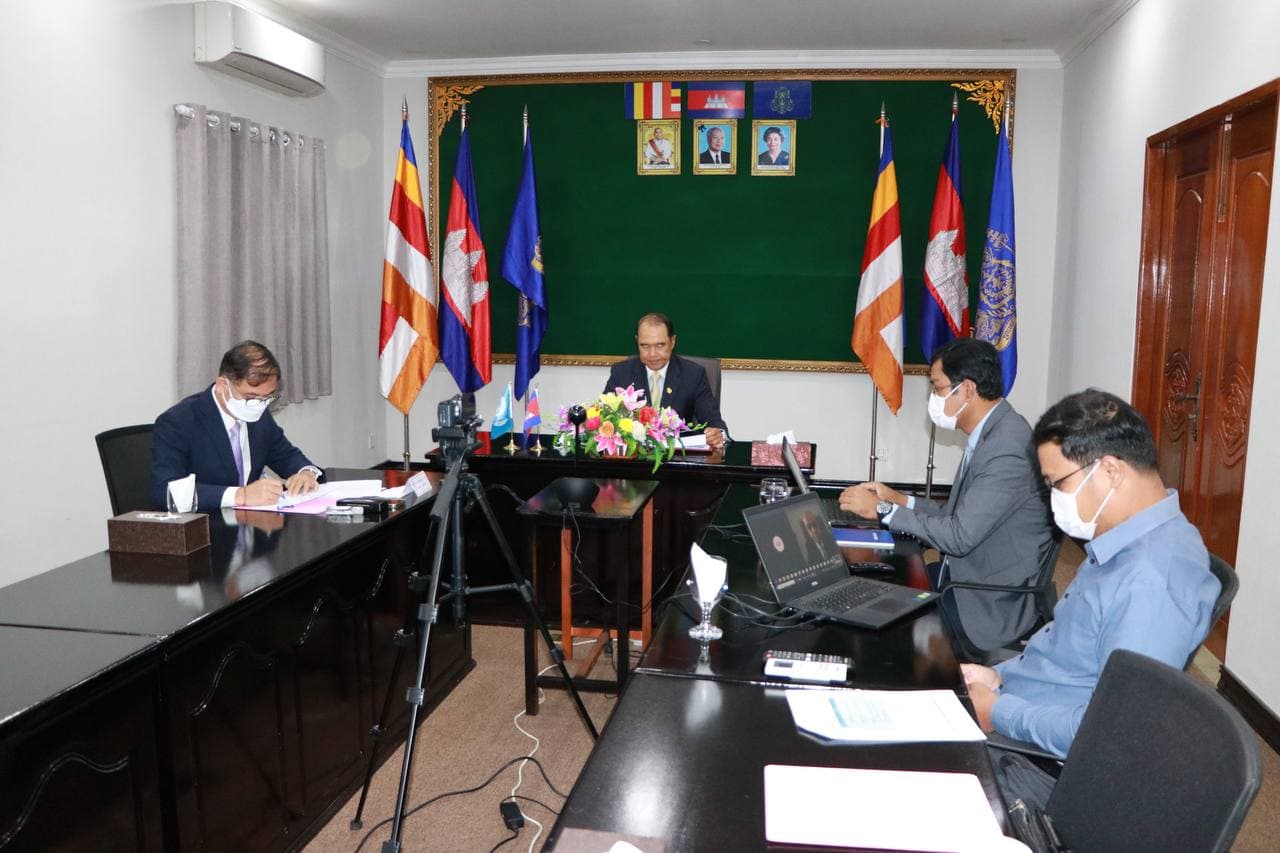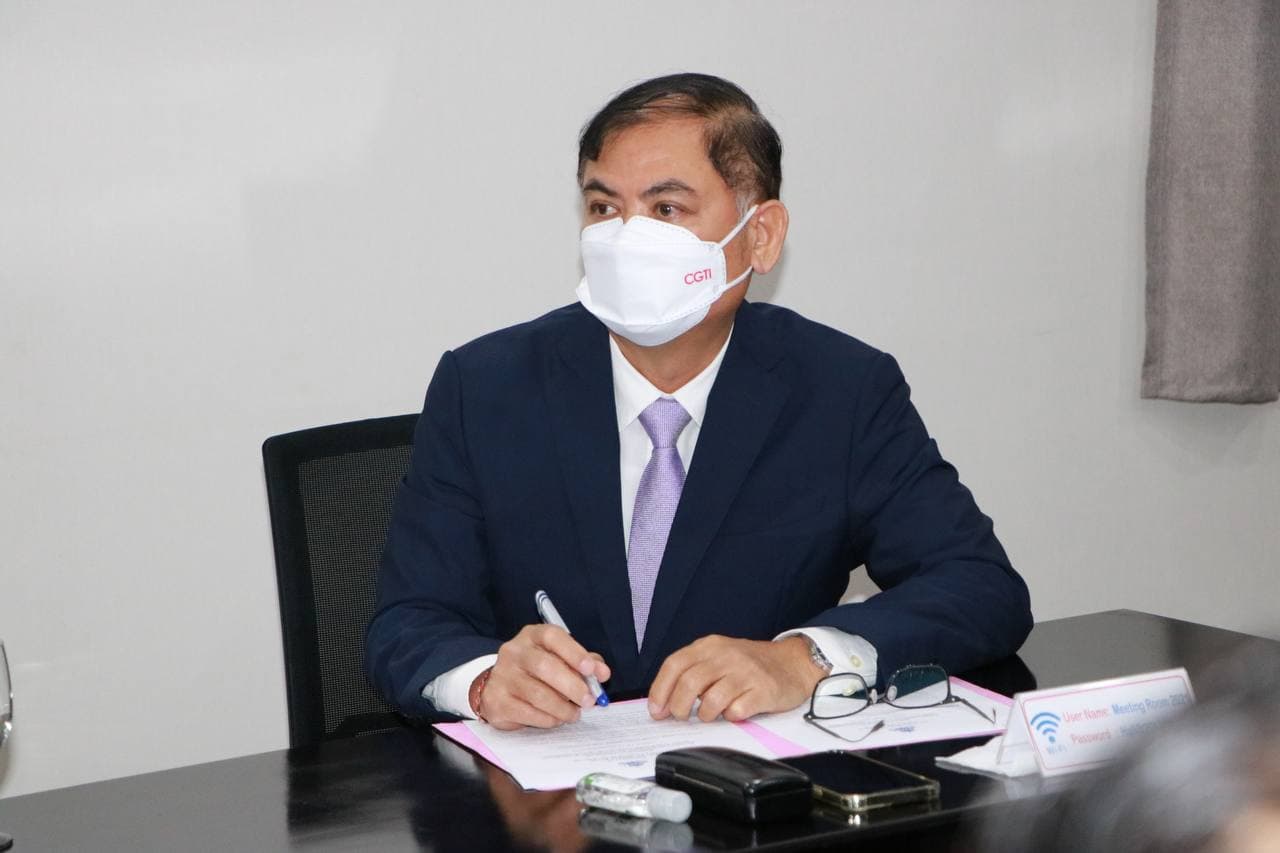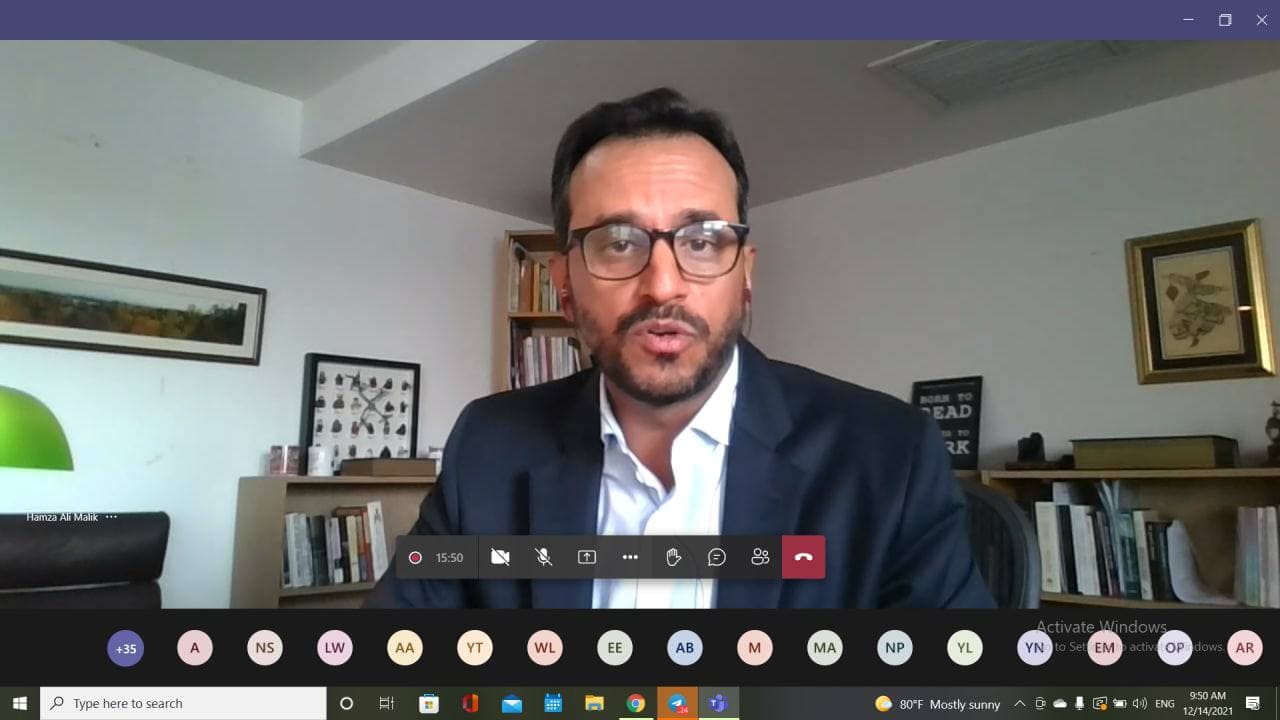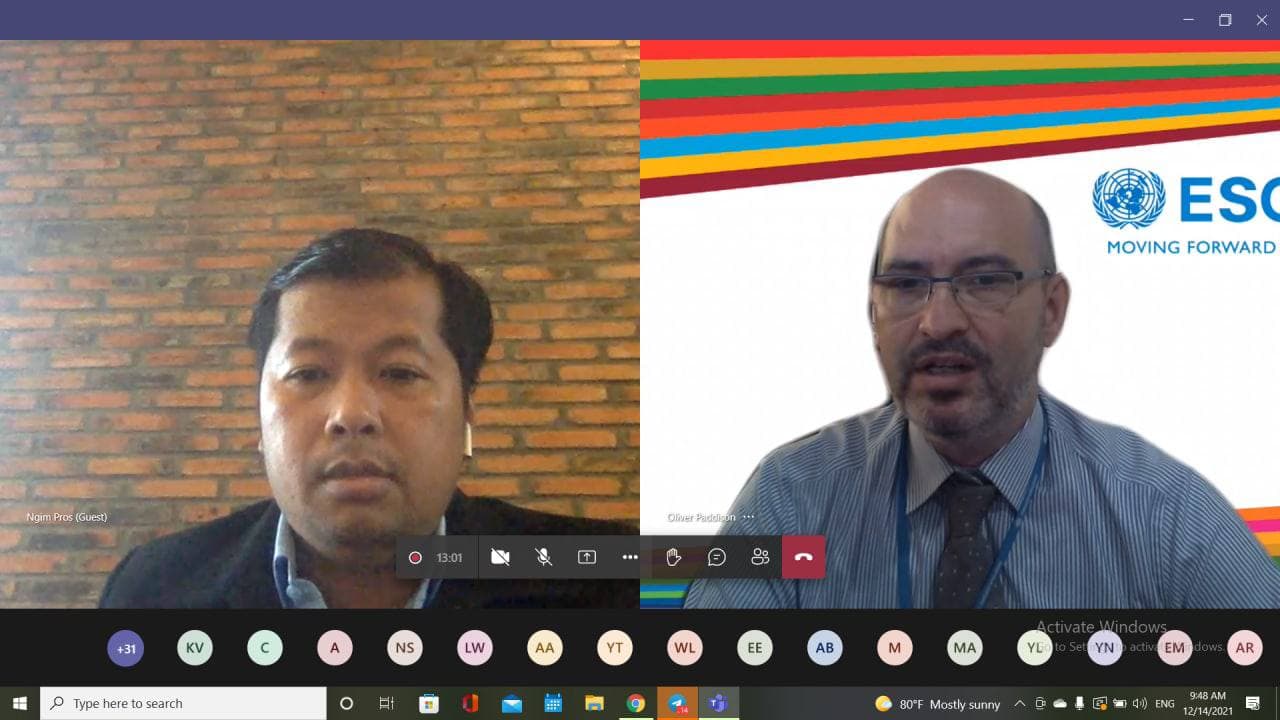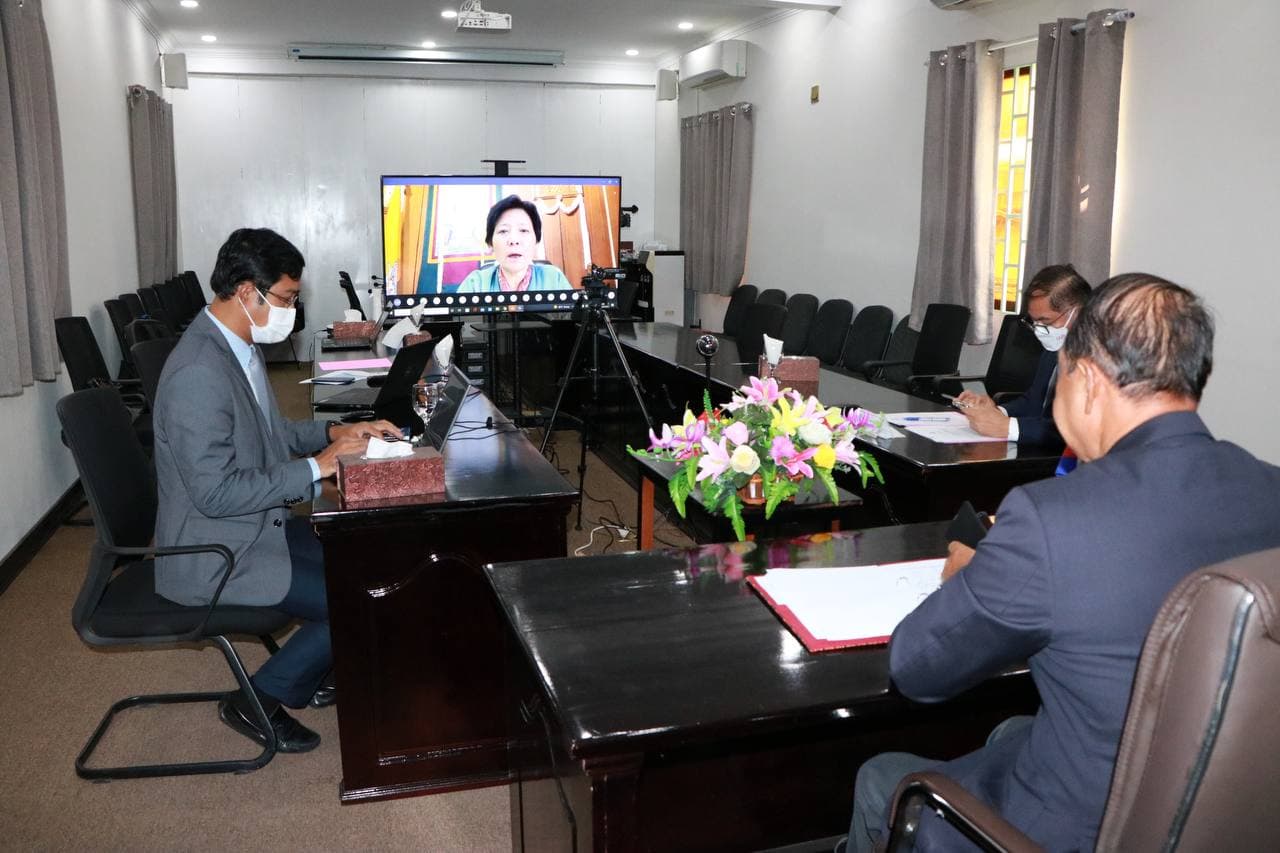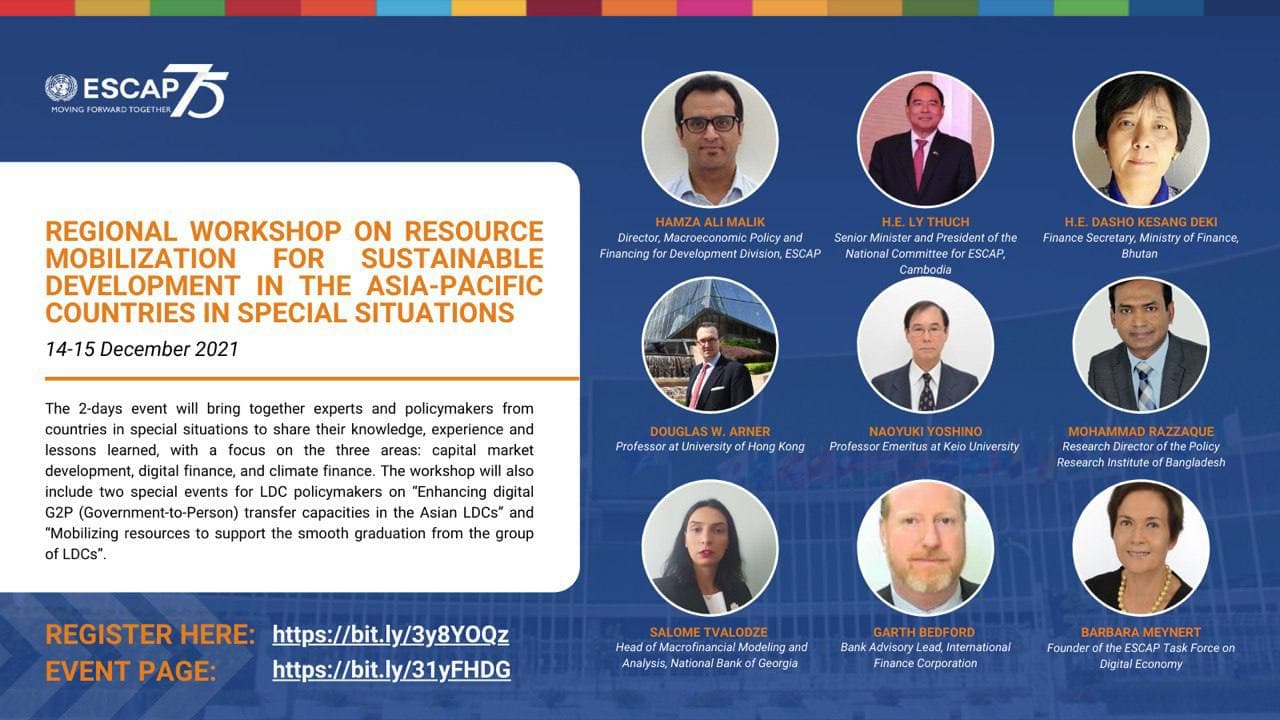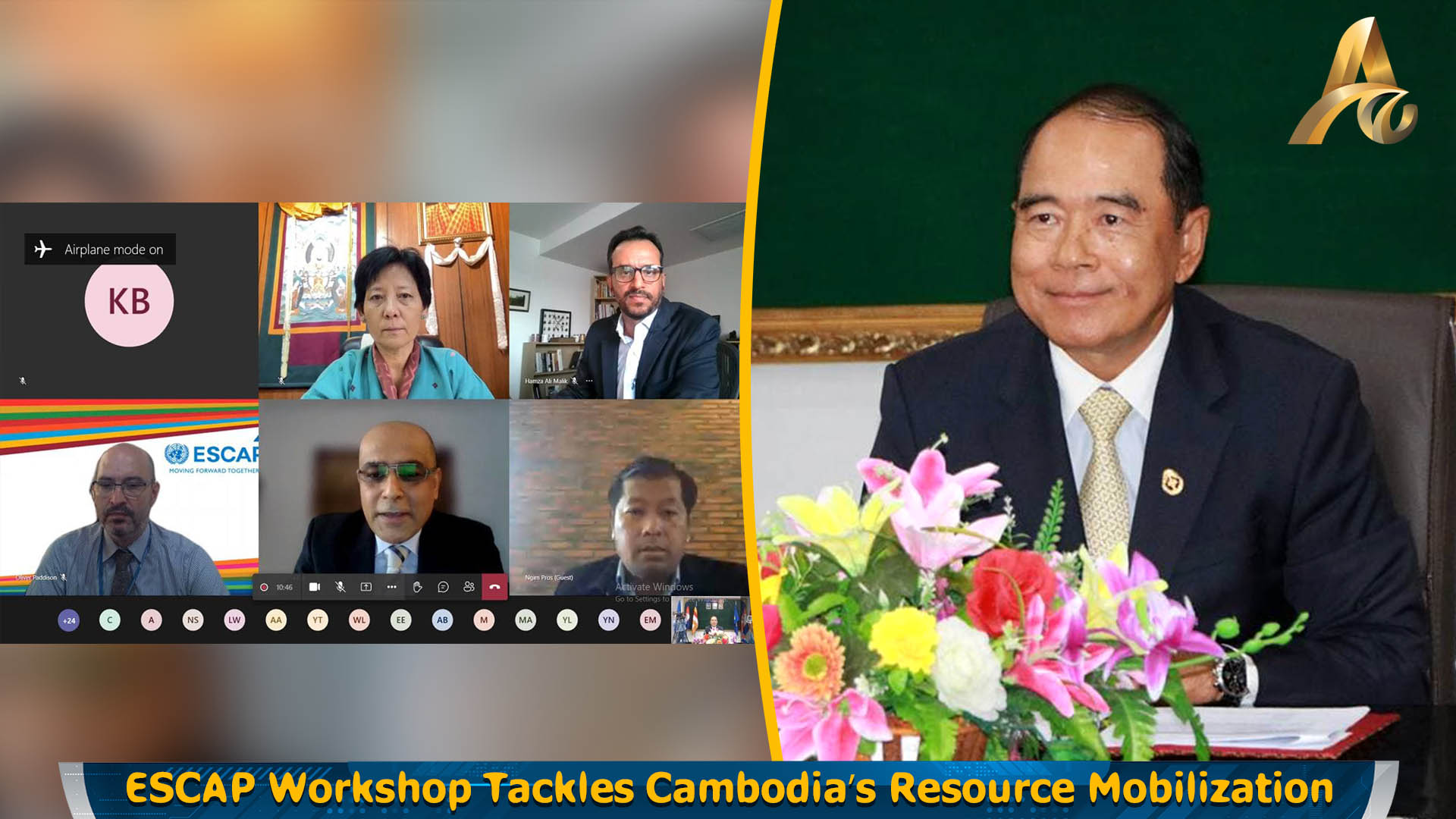PHNOM PENH: A regional workshop on resource mobilization for sustainable development in the Asia-Pacific countries in special situations starts on Tuesday. The two-day event brings together experts and policymakers from different countries to share their knowledge, experience and lessons learned, with a focus on capital market development, digital finance and climate finance. Senior Minister Ly Thuch representing Cambodia highlights priority works that Cambodian government has been undertaking related to resource mobilization.
Senior Minister Ly Thuch says that the Royal Government has been acting on resource mobilization which can be an important means to serve other developing countries in the efforts in achieving the 2030 Agenda. He mentions five undertakings of the Cambodian government.
First: Turning the threats of COVID-19 into opportunities for domestic reforms in each country so as to strengthen economic competitiveness, create a conducive business environment, and strengthen government revenue collection. He has added that there is a need to prioritize public expenditures towards sectors directly related to the Sustainable Development Goal 2030, including education, health, social protection, agriculture and infrastructure.
Second: Promoting trade policy and trade facilitation as well as providing preferential treatment to developing countries to ensure that the benefits from globalization are equitably and effectively shared. He underlines the need to continue promoting and supporting the principles of globalization via expanding greater openness of international trade and supporting stronger multilateralism system
Third: Continuing to strengthen financial stability, diversification and innovation, as well as promoting the role and dynamism of the private sector so as to fulfil the financing need to achieve SDGs by providing incentives in order to promote private investment and capital flow to developing countries, particularly the promotion of foreign direct investment and public-private partnership mechanisms.
Fourth: Ensuring continuity of international aids, especially financial assistance to developing countries geared towards sustaining the momentum of the reform for the 2030 Agenda.
Lastly: Continuing to strengthen the ownership of developing countries by building partnerships between all development stakeholders, including bilateral, multilateral development partners, private sector and other. He has added that consistency, transparency and accountability between policies of development partners, both bilateral and multilateral, with the priorities of national policies in the context of Covid-19 and beyond to achieve Sustainable Development Goal must be ensured.
The workshop also includes two special events for Least Developed Countries policymakers on “Enhancing digital G2P (Government-to-Person) transfer capacities in the Asian LDCs” and “Mobilizing resources to support the smooth the smooth graduation from the group of LDCs.”
